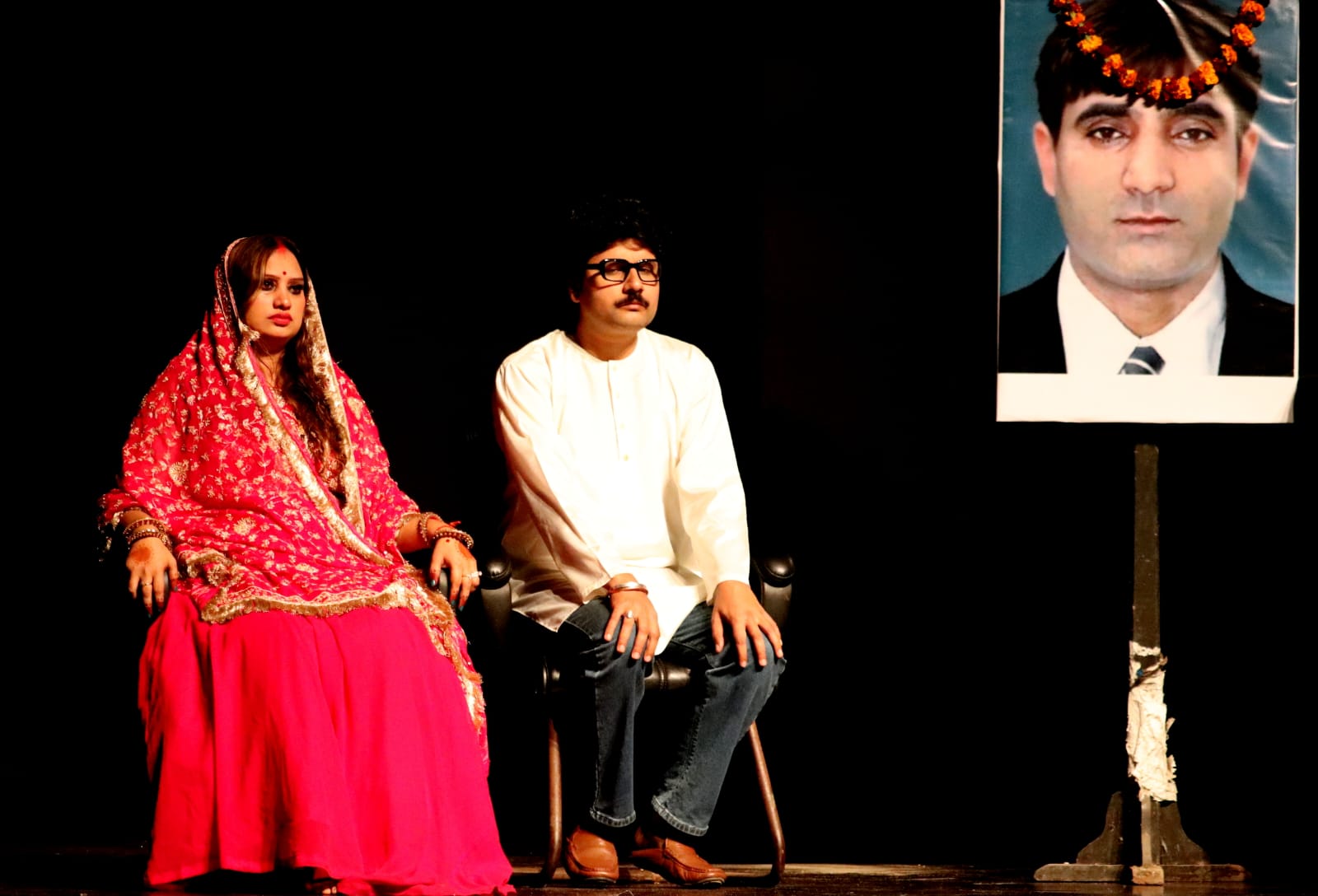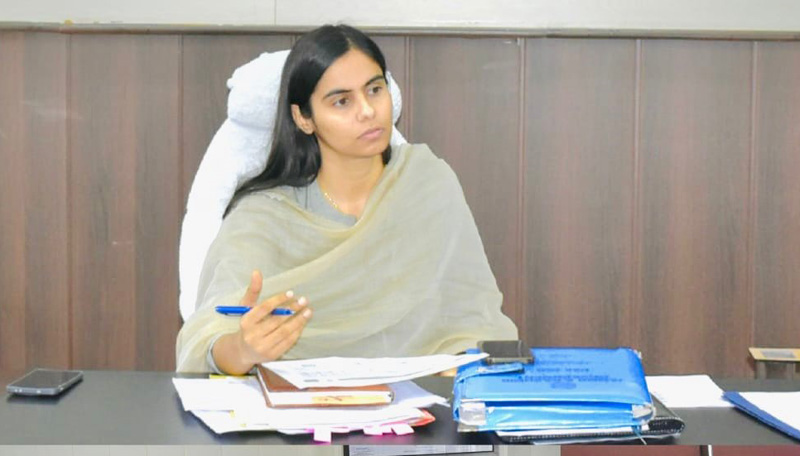New Delhi: Chief Justice of India (CJI) B. R. Gavai has described the massive pendency of cases as a “major problem,” noting that disputes worth ₹6.85 lakh crore — over 2% of India’s GDP — remain pending before the Income Tax Appellate Tribunal (ITAT).
Speaking at a symposium titled ‘Income Tax Appellate Tribunal — Role, Challenges and Way Forward’ and a felicitation ceremony held in New Delhi on Wednesday, Justice Gavai lauded the ITAT for significantly reducing its backlog from 85,000 cases to 24,000 in the past five years.
“A major problem faced by courts and tribunals alike is the huge pendency of cases. I am pleased to note that in the last five years, the ITAT has brought down its pendency from 85,000 to 24,000. I must congratulate all members of the ITAT and the Bar, as such progress wouldn’t have been possible without their cooperation,” he said.
However, he pointed out that cases involving disputes of ₹6.85 lakh crore still await resolution before the Tribunal.
Justice Gavai praised the ITAT’s role in strengthening the justice delivery system and urged comprehensive reforms to modernise its structure and functioning. He called for transparency in appointments, consistency in rulings, enhanced training, and improved infrastructure to boost efficiency and credibility.
“The way forward must be comprehensive. Reforms should address appointments, tenure, training, case management, and technology as interconnected components of an institutional ecosystem — not as isolated measures,” he emphasised.
The event was attended by Union Law Minister Arjun Ram Meghwal and ITAT President Justice C. V. Bhadang.
Highlighting the Tribunal’s crucial role at the intersection of law and finance, the CJI said, “The ITAT continues to navigate complex financial and legal issues while delivering timely and well-informed decisions.”
He also cautioned against conflicting rulings, saying inconsistent judgments could weaken public trust and legal certainty. “When courts and tribunals provide consistent, reasoned, and predictable decisions, the law becomes a stable framework. In contrast, contradictory opinions erode the authority of the legal system,” he said.
Emphasising transparent appointments, Justice Gavai remarked, “The credibility of a tribunal depends on public confidence that its members are chosen through objective and transparent procedures. I can tell the Law Minister that while the law sets 50 as the minimum age for ITAT members, I became a High Court judge at 42.”
He suggested revising eligibility norms to attract experienced practitioners earlier in their careers and proposed structured induction and continuous education programmes to enhance adjudicatory skills.
To ensure consistency in decisions, he recommended setting up special benches and internal reference mechanisms to identify and address conflicting rulings early.
The CJI also underscored the need for stable secretariat support, adequate registry staff, and stronger administrative control over infrastructure to prevent disruptions in judicial work.













